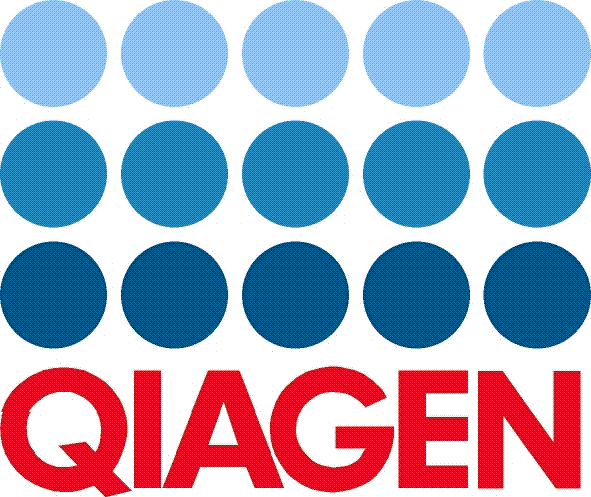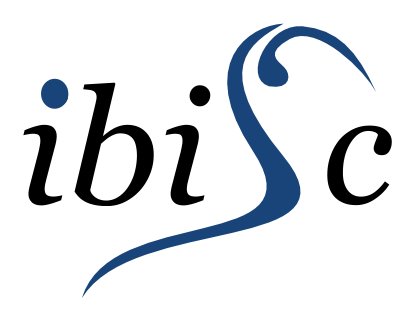Team:Paris
From 2008.igem.org
(→We are extremely grateful to the organizations that support our project) |
|||
| (9 intermediate revisions not shown) | |||
| Line 5: | Line 5: | ||
<center><html><div style="color:#275D96; font-size:4em;">The BacteriO'Clock</div></html> | <center><html><div style="color:#275D96; font-size:4em;">The BacteriO'Clock</div></html> | ||
<br/> | <br/> | ||
| - | <div style="font-size: 2em;">by the <html><a style="text-decoration: underline;" href="https://2008.igem.org/Team:Paris/Team">Paris iGEM Team</a></html></div | + | <div style="font-size: 2em;">by the <html><a alt="Team" title="Discover our team !" style="text-decoration: underline;" href="https://2008.igem.org/Team:Paris/Team">Paris iGEM Team</a></html></div> |
| - | + | ||
<br> | <br> | ||
| - | |||
| - | |||
| - | |||
<html> | <html> | ||
| - | <embed width="320" height="240" src="http://biosynthetique.free.fr/videos/flv_player/flvplayer.swf?autostart=true&repeat&file=http:// | + | <embed width="320" height="240" src="http://biosynthetique.free.fr/videos/flv_player/flvplayer.swf?autostart=true&repeat&file=http://biosynthetique.free.fr/videos/out2.flv" quality="high" type="application/x-shockwave-flash" allowfullscreen="true" /> |
</html> | </html> | ||
</center> | </center> | ||
| Line 24: | Line 20: | ||
<br><br> | <br><br> | ||
Based on in-depth studies and experimentally measured parameters we developed predictive models that suggest that this core system is not likely to demonstrate stable oscillations due to damping phenomenon leading to a stationary steady-state. Importantly, our modeling approach provided us with alternative improved designs that should lead in principle to an optimized '''BacteriO'Clock'''. In particular, this is achieved through '''synchronization at the population level''' by adopting a quorum sensing feedback mediated by HSL production that enforces a necessary delay and provides an elegant cellular synchronization mechanism : | Based on in-depth studies and experimentally measured parameters we developed predictive models that suggest that this core system is not likely to demonstrate stable oscillations due to damping phenomenon leading to a stationary steady-state. Importantly, our modeling approach provided us with alternative improved designs that should lead in principle to an optimized '''BacteriO'Clock'''. In particular, this is achieved through '''synchronization at the population level''' by adopting a quorum sensing feedback mediated by HSL production that enforces a necessary delay and provides an elegant cellular synchronization mechanism : | ||
| - | <br>< | + | <br> |
| - | + | <center><html><a href="https://2008.igem.org/Team:Paris/Project" alt="Project" title="Learn more about our project !"><img width=350px src="https://static.igem.org/mediawiki/2008/5/58/Unimo.png" /></a></html></center> | |
| - | + | ||
| Line 33: | Line 28: | ||
| - | <center> | + | <center><html><a title="Discover our team !" href="https://2008.igem.org/Team:Paris/Team"><img style="padding: 5px; border: orange dashed 1px;" src="https://static.igem.org/mediawiki/2008/1/19/ParisTeam.jpg" width="300px" /></a></html> |
| - | <html><a title="Discover our team!" href="https://2008.igem.org/Team:Paris/Team"><img style="padding: 5px; border: orange dashed 1px;" src="https://static.igem.org/mediawiki/2008/1/19/ParisTeam.jpg" width="300px" /></a></html> | + | |
| + | |||
| + | [[Team:Paris/Notebook/Freezer|Freezer]] || [[Team:Paris/Notebook|Notebook]] | ||
</center> | </center> | ||
<br> | <br> | ||
| - | + | {{Paris/Header|We are extremely grateful to the organizations that support our project:}} | |
| - | + | ||
| - | + | ||
| - | + | ||
{| | {| | ||
|width=25%| [[Image:bettencourt.png]] | |width=25%| [[Image:bettencourt.png]] | ||
| Line 105: | Line 99: | ||
|} | |} | ||
<hr /> | <hr /> | ||
| - | <center><html> | + | <center> |
| + | <html> | ||
<a href="http://www4.clustrmaps.com/counter/maps.php?url=https://2008.igem.org/Team:Paris" id="clustrMapsLink"> | <a href="http://www4.clustrmaps.com/counter/maps.php?url=https://2008.igem.org/Team:Paris" id="clustrMapsLink"> | ||
<img src="http://www4.clustrmaps.com/counter/index2.php?url=https://2008.igem.org/Team:Paris" border="0" onerror="this.onerror=null; this.src='http://www2.clustrmaps.com/images/clustrmaps-back-soon.jpg'; document.getElementById('clustrMapsLink').href='http://www2.clustrmaps.com';" /> | <img src="http://www4.clustrmaps.com/counter/index2.php?url=https://2008.igem.org/Team:Paris" border="0" onerror="this.onerror=null; this.src='http://www2.clustrmaps.com/images/clustrmaps-back-soon.jpg'; document.getElementById('clustrMapsLink').href='http://www2.clustrmaps.com';" /> | ||
Latest revision as of 12:24, 2 April 2009
|
The BacteriO'Clock
by the Paris iGEM Team


We are extremely grateful to the organizations that support our project:
|
 "
"






